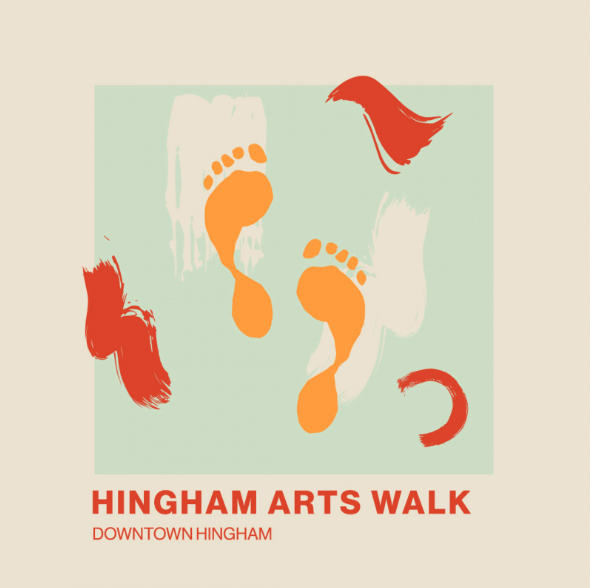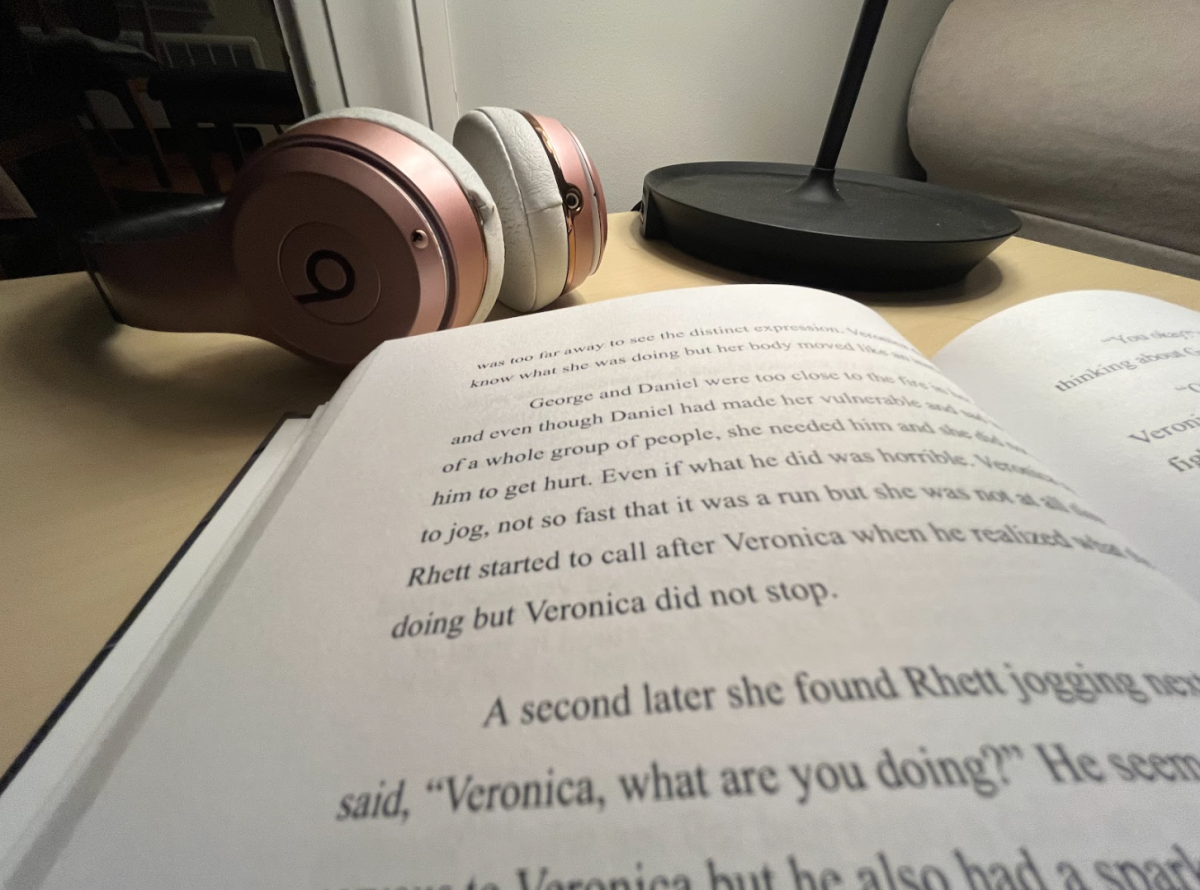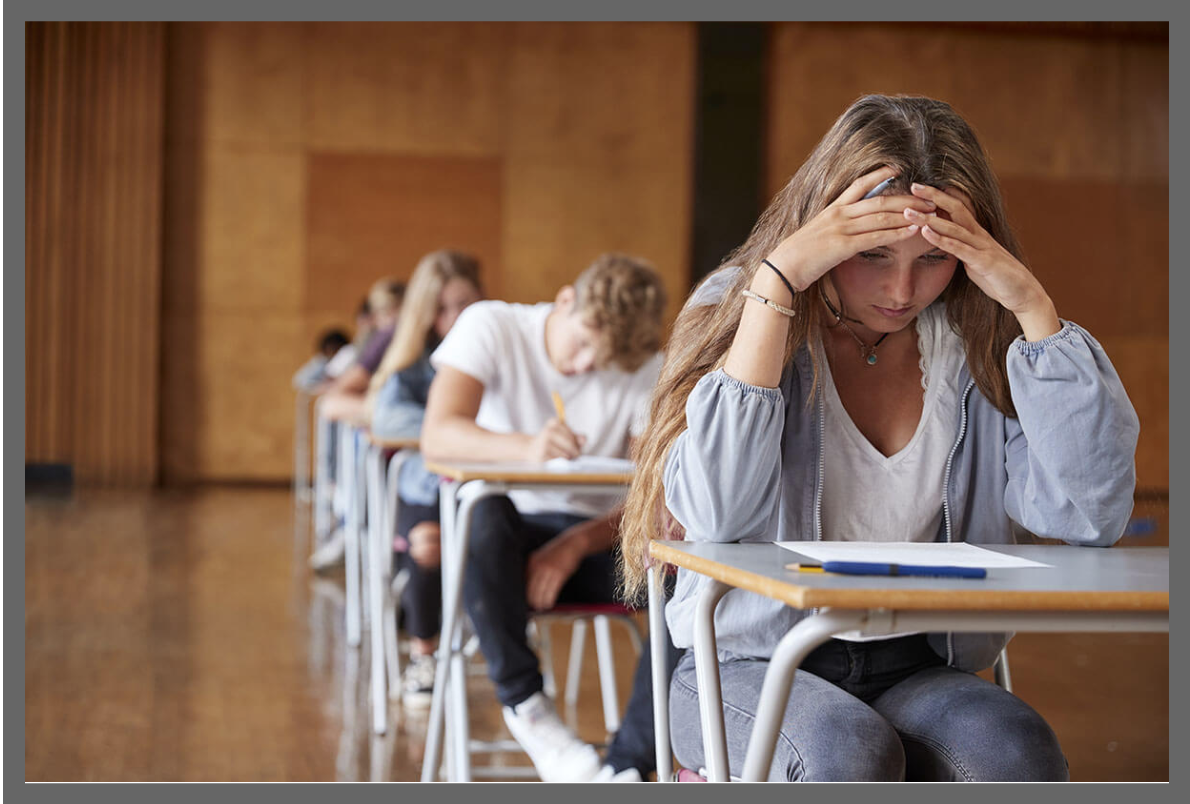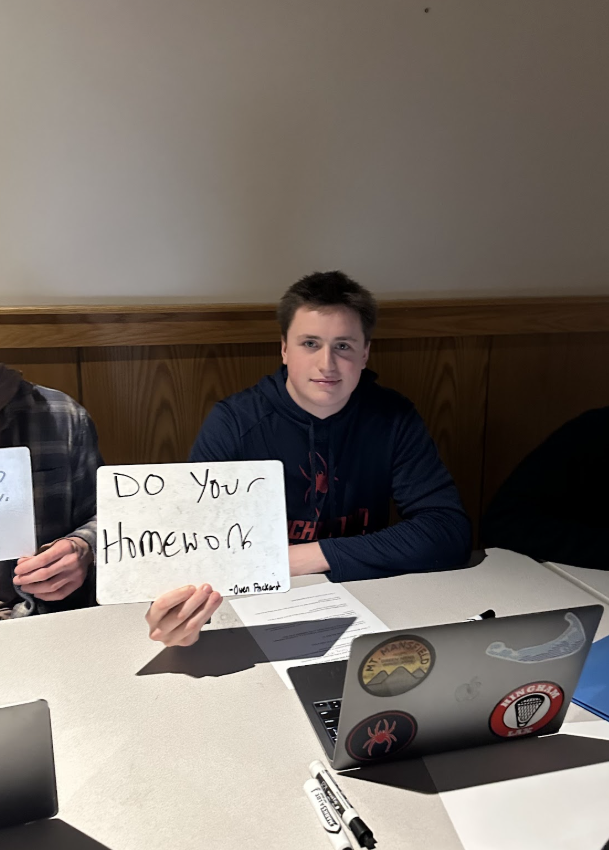It’s normal to be stressed out as a result of school, but that does not make it easy to manage. This week (Monday 2/26/24 – Friday 3/1/24) marked the midway point of term three, and of course the transition from February to March. This part of the school year can be the most stressful for many students. Evan Lynch, a junior at HHS, noted that, “With an increasing difficulty and amount of responsibilities as the school year has progressed, I would say I have become increasingly more stressed.” While this trend is not universal, with fellow junior Rowan Giardino finding that he has generally, “grown less stressed over the year” it is certainly still common.
Because of this, it’s important for HHS students to take steps to improve their mental health throughout the rest of the semester. March can feel like an especially long and challenging month, considering the lack of major breaks between February and April vacations. This is in addition to many classes shifting to prepare for AP exams, if not finals.
Although students can not control the amount of work on their plate each night, they can control how they manage it and their mental health. Here are some tips for students to practice the rest of this school year and beyond.
- Get your homework done ASAP This is one we’ve heard forever, but one few of us stick by. I’m guilty of not always following it myself, but this is the best way to prevent stress. Minimize procrastination so that your evenings will be free.
- Sleep more! Again, this is another classic piece of advice, but one that is crucial for decreasing stress. An American Psychological Association study found that getting more sleep directly correlates with less stress (APA). This goes hand in hand with limiting procrastination early in the day.

A Shutterstock image highlighting effective studying habits. 3. Study effectively Everyone studies differently, but no matter how you study, the more you do it the more confident you will feel going into assessments. Your grades will reflect this increase in effort.
Citation: American Psychological Association. (2013, January 1). Stress and sleep. https://www.apa.org/news/press/releases/stress/2013/sleep
































